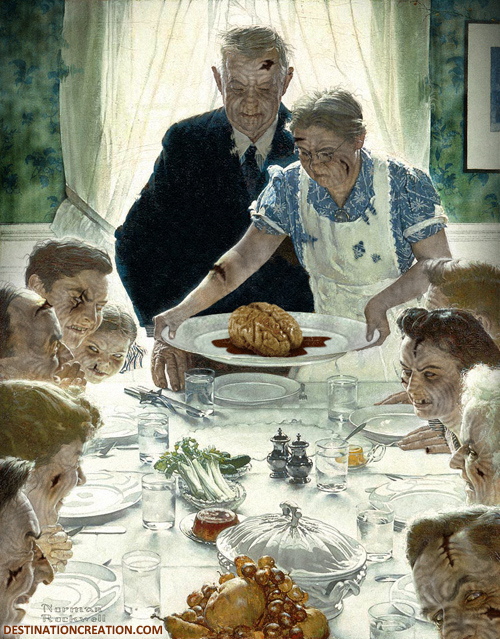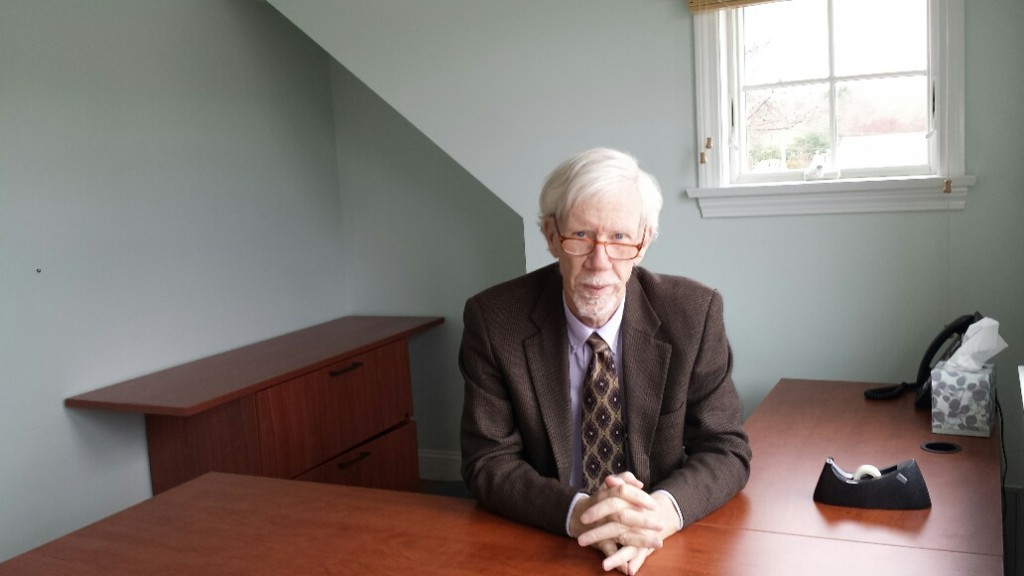Welcome to the Wakefield Doctrine (the theory of clarks, scotts and rogers)
Another week, another Six Sentence Story. Mathematically-speaking that means, by the end of the year, there will be at least 312 more sentences in the ‘sphere than there were at the start of this here year, here.
zoe proposes and …. sorry, wrong quote. The word this week is:
MATE
From the next to the last pew, the people at the front of the church lost their individual identifiability, reduced to the most primary of distinguishing qualities: the age of clothing, (from high-quality, worn-out to awkwardly new); hair color, (from white and greys vainly covering mottled pates to exotic hues configured as muffled protests) and finally, posture, (from stooped and precariously balanced to light and effortless, barely touching the floor).
As the priest began the service, intonation and rhythm stretching the ritual words into a sing-song cadence, somehow more compelling to those whose hearing had been muted by a lifetime of sounds and shouts, warnings of danger and celebrations of passion. The man suddenly remembered, in that explosively detailed way that made the mind a wonder to behold and a force to be feared, a poster that hung from the college dorm wall of an almost-girlfriend. A Day-Glo painting of a man and a woman embracing, and, in a font readable only by the young or impaired, the words ‘Soul Mate’.
As might any medieval princess secure in a stony Keep, the young coed proudly and perhaps somewhat desperately, covered the room’s cinder-block walls with the modern version of tapestries; on the wall opposite the Lovers; a beautiful meadow scene with the wildly successful misquote, (or, to be less charitable, the willfully truncated), quote of Fritz Perls that began, “I do my thing and you do your thing…” and, (on the money-making poster version), ended “…its beautiful.”
The organist began to play and the music compelled all to move, not as a ship applying the power of its engines, setting out on a pre-determined journey, rather as would a vessel, its lines parting, now useless with age, pulled inexorably by the tides, away from the familiar land, towards an undefined horizon.









